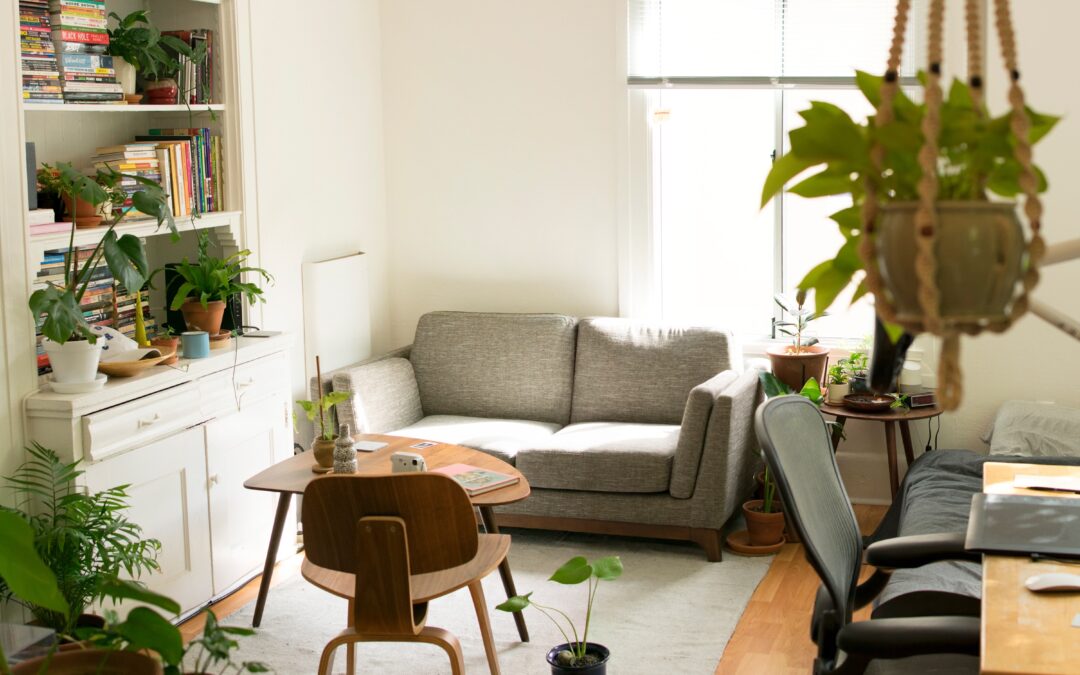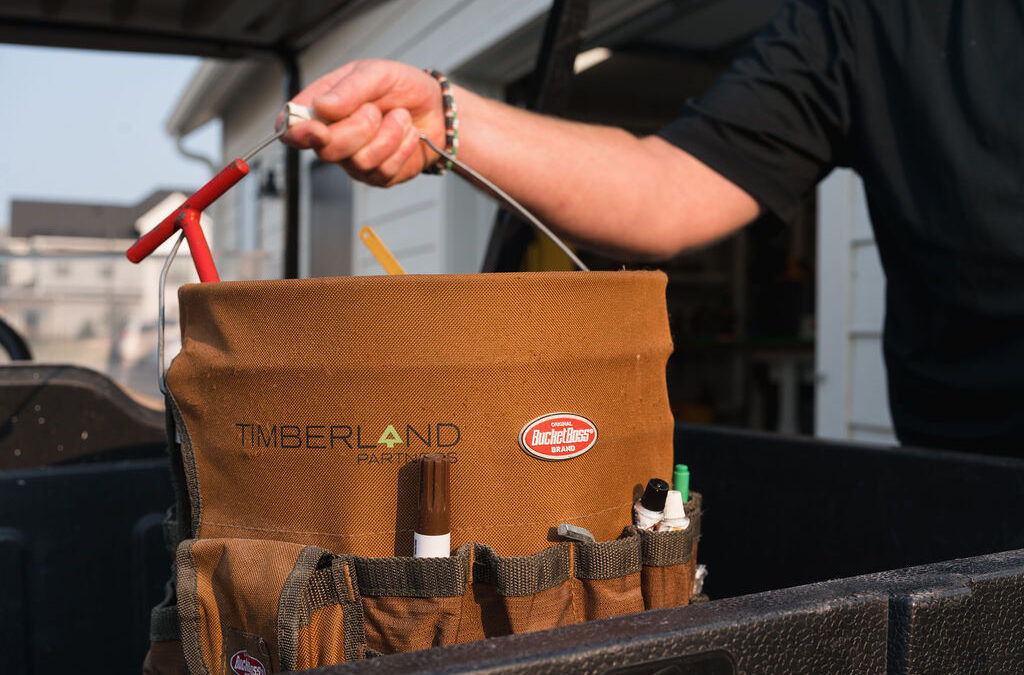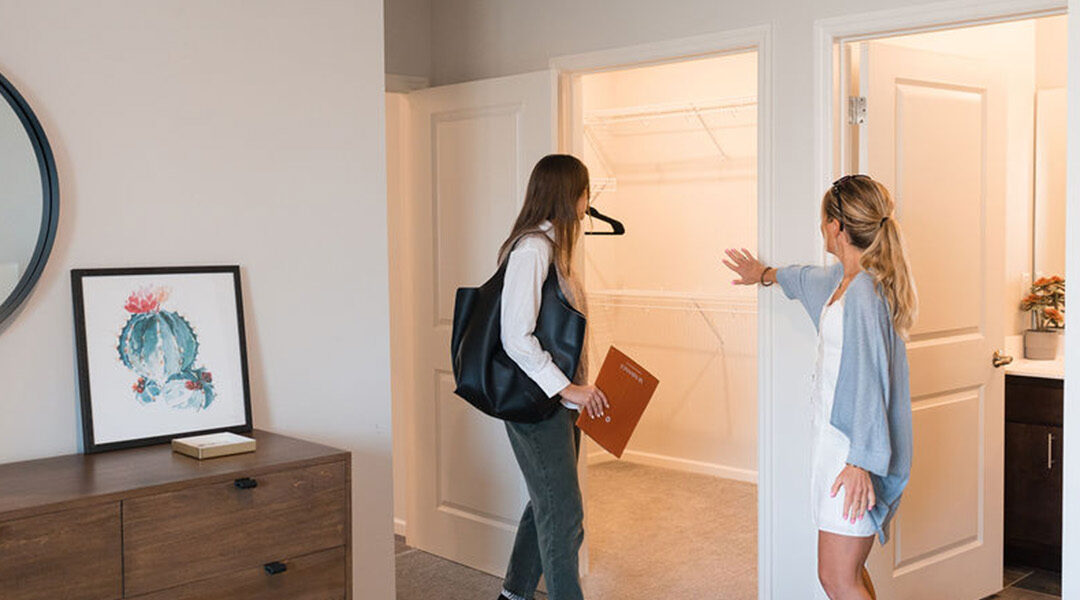Best Practices for Apartment Shopping in a New City
Moving to a new city can be both exciting and overwhelming, especially when it comes to finding the perfect apartment. The housing market in different cities varies widely, and without a clear strategy, apartment shopping can quickly turn into a stressful experience. However, by following some best practices, you can simplify your search and increase your chances of finding a place that meets both your budget and lifestyle needs. Here are some essential tips for apartment shopping in a new city.
- Research the City Thoroughly
Before you begin your apartment search, it’s crucial to familiarize yourself with your new city. Each city has its own unique character, and understanding the different neighborhoods is key to finding a place that aligns with your lifestyle.
Start by researching key aspects of the city such as the cost of living, the transportation system, and proximity to essentials like grocery stores, parks, and entertainment. Websites like Numbeo or Niche offer insights into the safety, affordability, and overall vibe of different neighborhoods.
Once you’ve shortlisted a few areas that fit your lifestyle, take a deeper dive into the neighborhood culture, demographic, and availability of services. You might want to live in a bustling, vibrant area if you’re a social person, or perhaps a quieter, family-friendly environment if that suits you better.
- Set a Realistic Budget
One of the most critical factors when apartment shopping is budget. When you’re moving to a new city, especially one you might not be familiar with, it’s easy to underestimate or overestimate how much you should be spending on rent.
A general rule of thumb is that your rent should not exceed 30% of your monthly income. This percentage allows room for other expenses such as utilities, groceries, transportation, and leisure activities. Additionally, factor in the cost of any upfront expenses like a security deposit, first and last month’s rent, moving costs, and application fees.
If you’re relocating for work, check with your employer to see if they offer any relocation assistance or stipends to cover some of these costs.
- Consider Transportation Options
Transportation is a major consideration when choosing an apartment, especially if you don’t plan on having a car in the new city. Some cities have excellent public transportation, while others might require you to drive or bike to get around.
When selecting a neighborhood, assess the distance between your apartment and your workplace, as well as other places you frequent, such as grocery stores, gyms, and restaurants. Ideally, you want to minimize your commute time to maintain a healthy work-life balance. If public transit is an option, make sure to check the convenience of bus or train stops near your potential apartment.
You can also use apps like Google Maps or Citymapper to estimate your travel time and costs between locations.
- Visit the City Before Moving
Whenever possible, visiting the city in person before you move can give you a much better feel for the neighborhoods and apartments you’re considering. While online listings provide photos and descriptions, it helps to get a complete picture of the environment you will be living in.
During your visit, take time to walk around neighborhoods you’re interested in, and try to book appointments to view apartments in person. This will give you the opportunity to ask questions, inspect the apartment’s condition, and get a sense of what living there would feel like.
If visiting isn’t an option, consider using virtual apartment tours. Many property managers now offer 3D tours or live video walkthroughs, which can give you a more detailed view of the apartment than photos alone.
- Use Multiple Apartment Search Platforms
When you’re looking for an apartment in a new city, it’s essential to cast a wide net. Don’t rely on just one platform or service to find listings. Use a variety of apartment search websites, such as:
Zillow: Known for its extensive property listings and user reviews.
Apartments.com: Offers detailed information about rental properties, including amenities and floor plans.
Property Websites: Gives you a detailed explanation of all aspects of what resident life is like at that community.
Social Media Pages: Provides an organic glimpse into what life is like at that community! This is a great way to see if you would fit in and enjoy life as a resident.
- Read the Lease Agreement Carefully
Before signing any lease, it’s essential to read it thoroughly. Make sure you understand the terms, including the length of the lease, the rent due date, and any penalties for breaking the lease early. If there’s anything unclear or concerning, ask the landlord for clarification or consult a real estate professional.
Pay attention to additional costs, such as utilities, parking, or pet fees, and be sure to clarify who is responsible for maintenance and repairs.
Finding an apartment in a new city may seem daunting, but with careful planning and research, it can be a smooth and even enjoyable process. By researching neighborhoods, setting a budget, and utilizing various search tools, you’ll be well on your way to finding the right place. Additionally, preparing all necessary documentation and understanding your lease terms can ensure a successful transition into your new home. Happy searching!
Article written by Melissa Pierce









